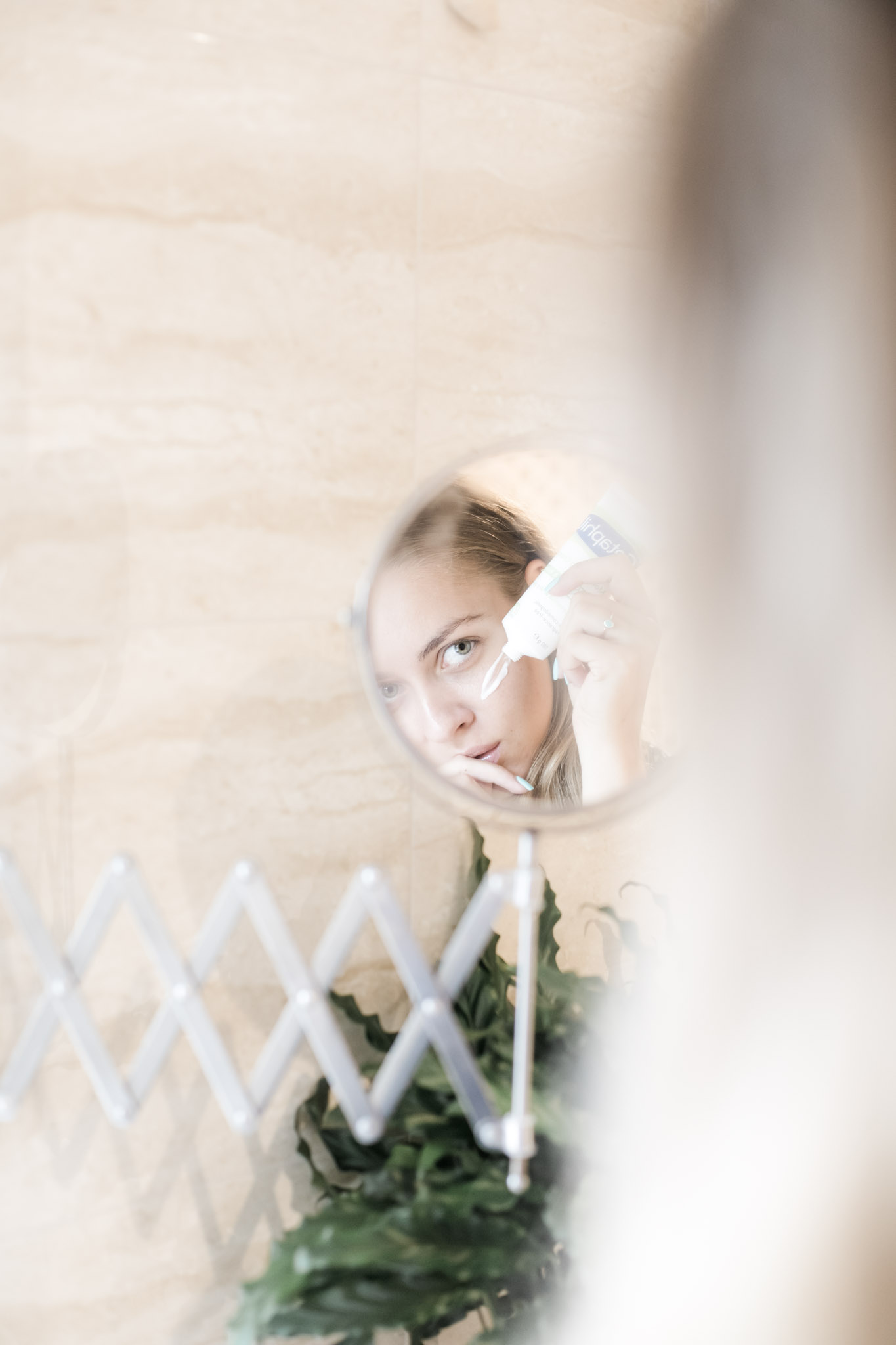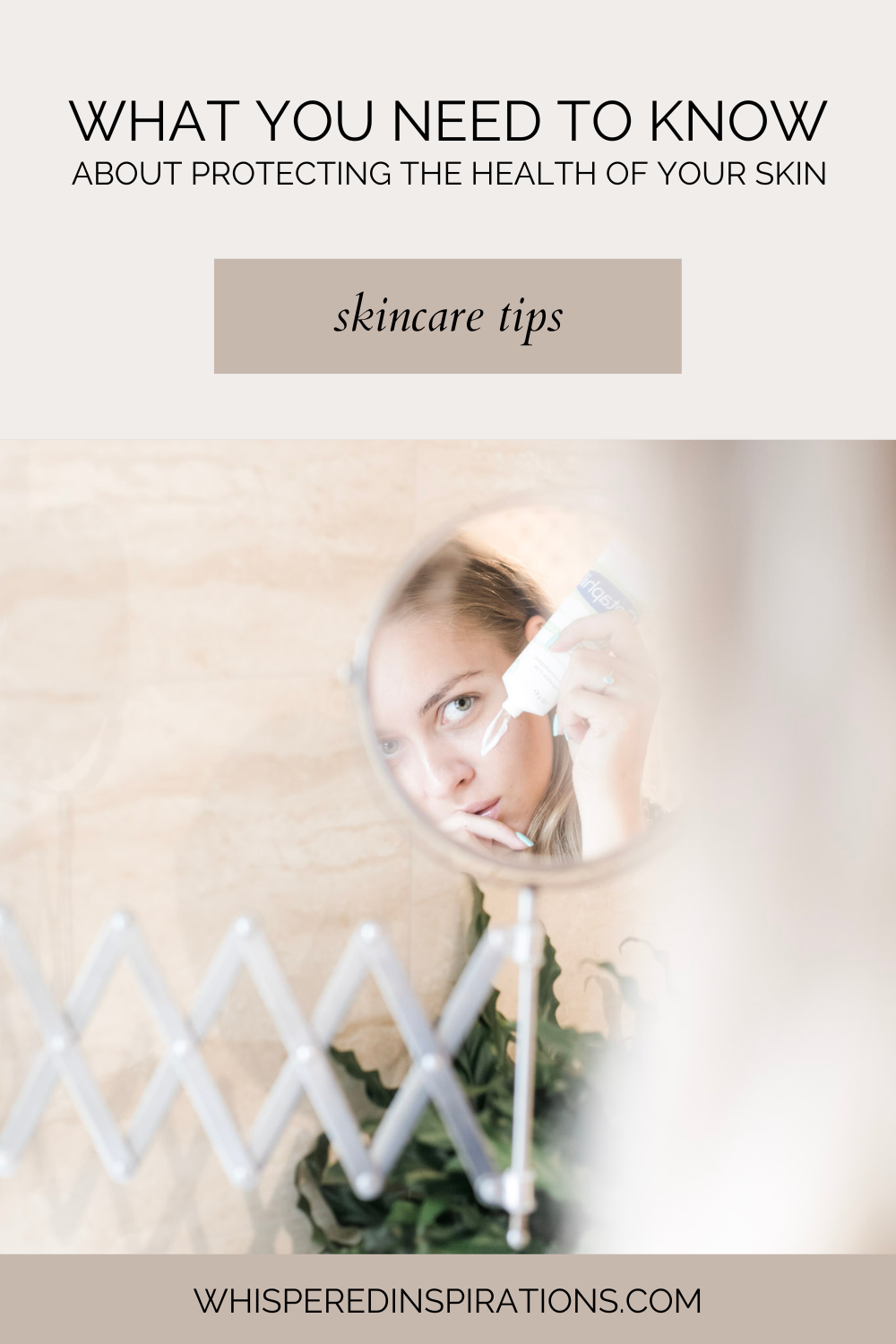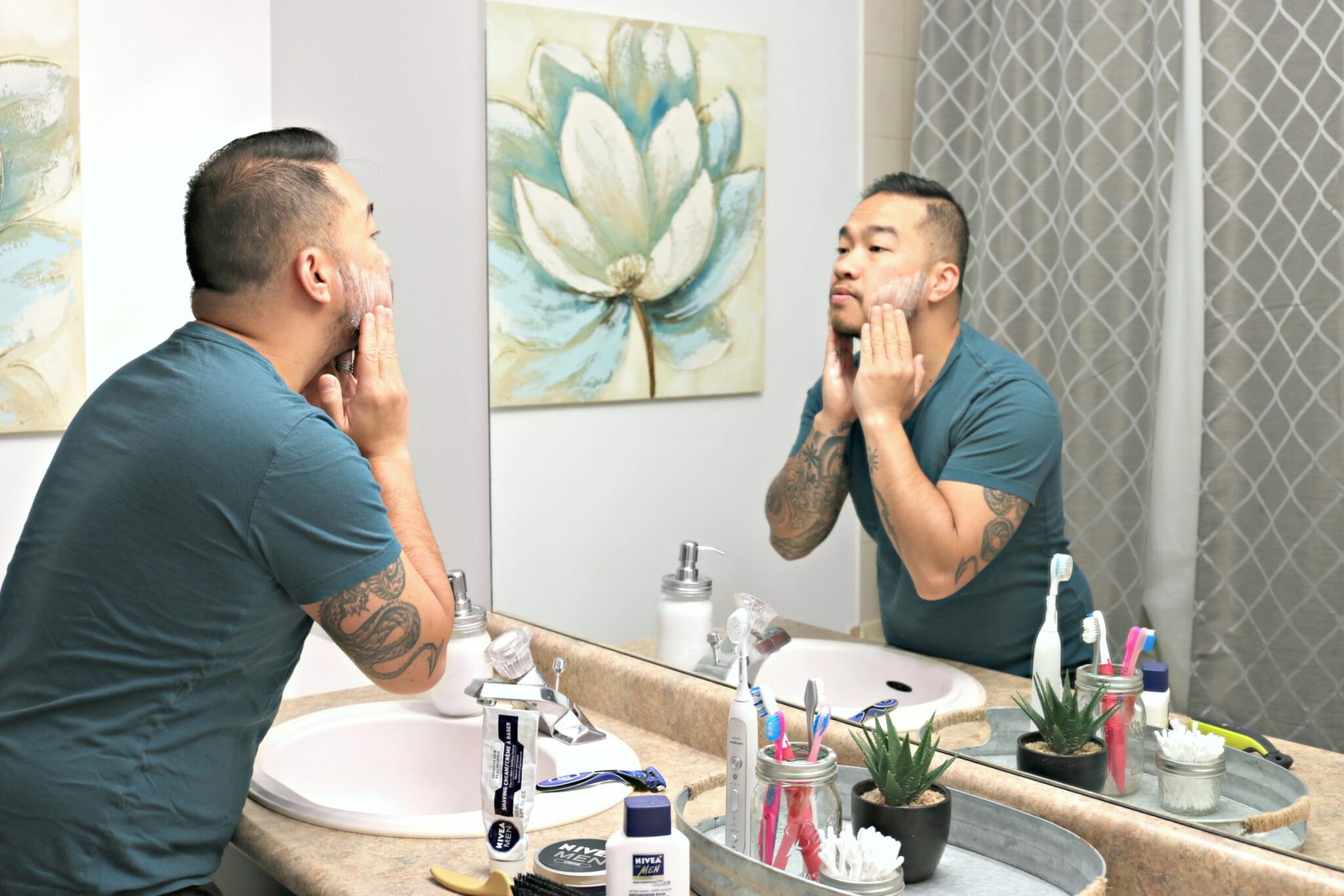What You Need to Know About Protecting the Health of Your Skin

What You Need to Know About Protecting the Health of Your Skin
The largest organ in your body, the skin acts as a barrier against harmful environmental elements like pollution, the sun, and harsh chemicals.
To keep your skin looking its best and avoid long-term damage, it is essential to take steps to maintain its health.
This article will give you the knowledge you need to maintain the healthiest possible skin. From comprehending the various types of skin to identifying the elements that have an impact on its condition.
This guide will assist you in taking the necessary actions to safeguard the health of your skin, regardless of whether you are worried about sun damage, acne, or aging. So let’s get started.
Understanding Your Skin
It’s critical to comprehend your skin’s fundamental structure and functions in order to properly care for it. To remember, bear the following in mind:
Types of Skin
Normal, dry, and oily skin are the three basic types. While dry skin lacks oil, oily skin produces too much oil, and normal skin has a balanced oil production.
Knowing your skin type can help you choose the best skincare products to maintain healthy skin.
Functions of Skin
The control of body temperature, defense against harm, and moisture retention are just a few of the crucial jobs that your skin performs.
he immune system and sensory perception are other areas where it is involved.
Common Skin Concerns
Sun damage, wrinkles, acne, dark spots, and dryness are some common skin problems. Genetics, environmental exposure, and dietary habits are just a few of the causes of these problems.
It’s critical to address these issues if you want to keep your skin looking healthy and youthful.
Factors That Impact the Skin
Your skin’s health may be impacted by a number of factors. The following are some of the most important:
Sun Exposure
Long-term sun exposure increases the risk of developing skin cancer, sunburn, and skin damage.
Sunblock, protective clothing, and limiting your time in the sun are all important ways to protect your skin from the sun.
Pollution
Damage and irritation to the skin can result from exposure to airborne pollutants. Regular face washing, avoiding outdoor activities during periods of high pollution, and using skincare products that offer pollution protection are all important ways to protect your skin from pollution.
Stress
Numerous skin conditions, such as acne, rashes, and wrinkles, can be brought on by stress. It’s crucial to practice stress-management techniques, such as yoga, meditation, and exercise, to lessen the negative effects of stress on your skin.
Lifestyle Choices
Your diet, smoking habits, and alcohol intake are just a few lifestyle factors that can affect the condition of your skin.
A balanced diet, no smoking, and moderate alcohol use are all necessary for maintaining healthy skin.
Skincare Products
The cosmetics you apply to your skin can also affect how healthy it is. It’s essential to read labels, conduct research, and consult a dermatologist if you want to make sure you’re using the right products for your skin type.
You can take precautions to protect your skin and preserve its health over time by being aware of the factors that have an impact on skin health.
Prevention and Care
While maintaining the health of your skin is a lifelong process, there are precautions you can take. Among the crucial actions to remember are:
Sun Protection
Use sunblock with an SPF of at least 30, wear protective clothing, and limit your time in the sun to protect your skin from the sun.
Additionally, you should stay out of the sun from 10 am to 4 pm during the hottest part of the day.
Hydration
Keeping your skin hydrated and avoiding dryness can be achieved by drinking lots of water and using moisturizing skincare products.
Healthy Diet
Consuming foods high in antioxidants, vitamins, and minerals can support the health of your skin. Berries, leafy greens, and fatty fish are some of the foods that are best for maintaining healthy skin.
Stress Management
It’s crucial to incorporate stress-management techniques into your daily routine because stress can have a negative impact on the health of your skin.
Exercise, yoga, and meditation can all aid in stress reduction and skin health.
Avoiding Harmful Products
Your skin can become damaged if you use skincare products that have harsh chemicals in them, like alcohol and fragrances.
It’s crucial to read labels, conduct research, and select products that are suitable for your skin type if you want to protect your skin.
Skincare Routine
Creating a routine for your skincare can help you keep your skin protected and healthy. This should involve washing, hydrating, and applying sunscreen.
A skincare routine should include products that are specifically tailored to an individual’s skincare needs.
To find the best skin care products, it is important to consider factors such as age, skin type, skincare goals, and lifestyle.
You can do your research by yourself by reading thoroughly about your skin type, visiting skincare stores like Evertone, or asking advice from skincare experts to carry products that are right for your skin. As with all good skincare routines, consistency is key.
With the right skincare regimen combined with good practices like sufficient water intake, healthy eating habits, and exercising regularly, you can maintain beautiful skin for years to come.
Depending on your skin type and concerns, you might also want to use additional products, like serums and exfoliating ones.
When to See a Dermatologist
Although there are many actions you can take to safeguard and preserve the health of your skin, on occasion you might need to consult a dermatologist. Among the circumstances in which you ought to consult a dermatologist are:
Skin Changes
It’s crucial to have your skin checked by a dermatologist if you notice any changes, including growths, color or texture changes, or new moles. There’s usually nothing to be concerned about, but it’s always best to check.
You May Also Like:
- The Secret of Glowing Skin in the Morning for Men
- Why CBD Infused Skincare Products Are a Must
- Why the Sonicsmooth is the Holy Grail of Skincare
- How to Find the Perfect Cleanser for Your Skin Type
Eczema
It’s especially crucial to visit a dermatologist if you have eczema. They can identify the condition, make treatment suggestions, and assist you in controlling its symptoms.
Eczema can be treated with topical creams, oral medications, and dietary adjustments, and it’s a good idea to understand the eczema healing stages as much as possible.
A dermatologist can also give you advice on how to avoid your eczema’s triggers and assist you in identifying them.
Skin Cancer
Consult a dermatologist as soon as you can if you think you might have skin cancer. They can conduct a biopsy and decide what course of action is best for you.
Preventive Care
It’s crucial to visit a dermatologist for preventive care even if you don’t have any skin issues. They can conduct skin cancer screenings, suggest skincare items and procedures, and offer guidance on how to keep your skin safe from harm in the future.
Any more tips on protecting the health of your skin?
Let me know, til then—cheers m’deres!

PIN FOR LATER:

Nancy Polanco is a freelance journalist, lifestyle content creator, and editor of Whispered Inspirations. She is a proud Mom to Gabby and Michaela and partner and best friend to Darasak. Having worked as part of a health care team for almost a decade, Nancy is happy to be back to her passion. She is a contributor to the Huffington Post, TODAY’s Parents, and an Oprah Magazine Brand Ambassador.






